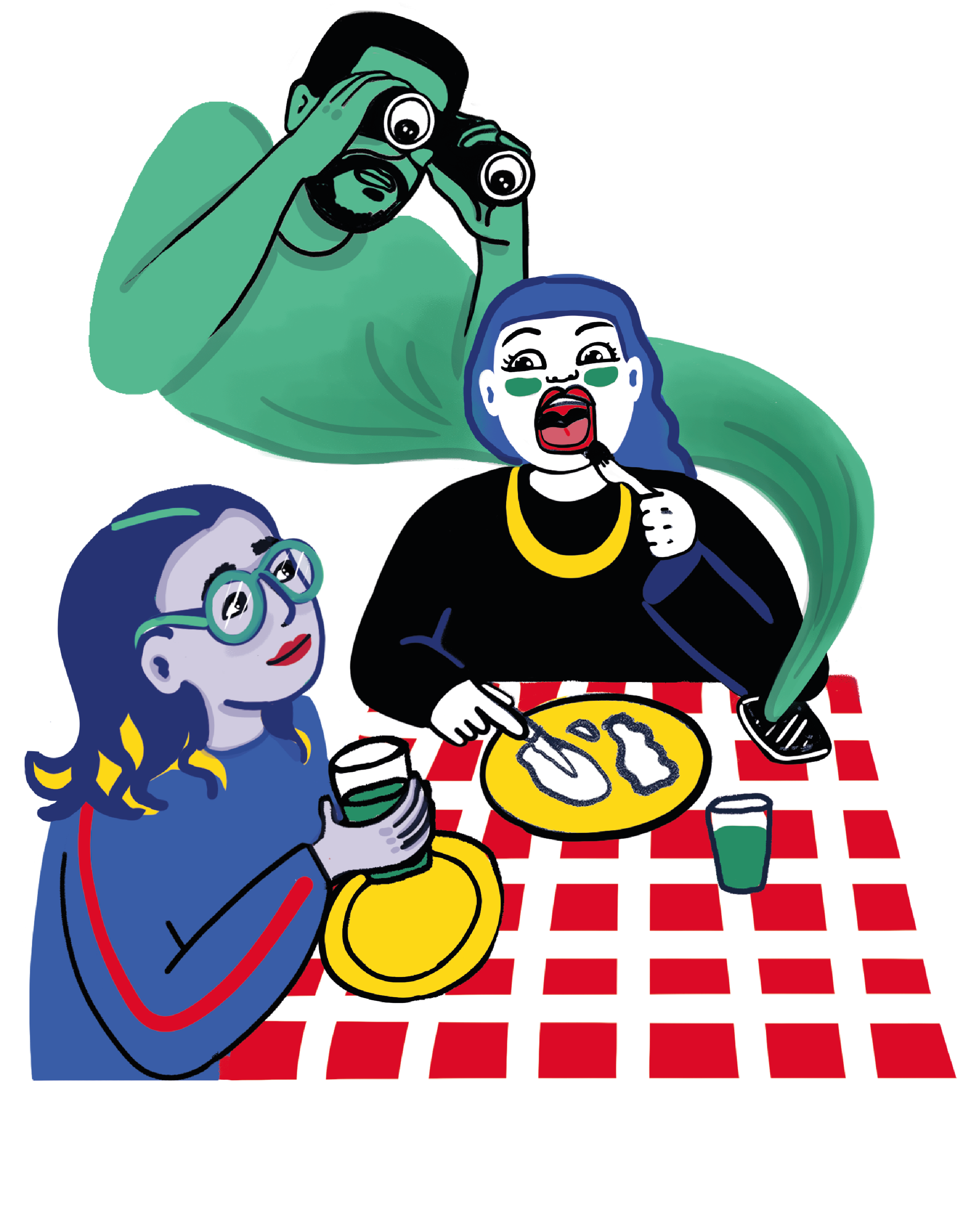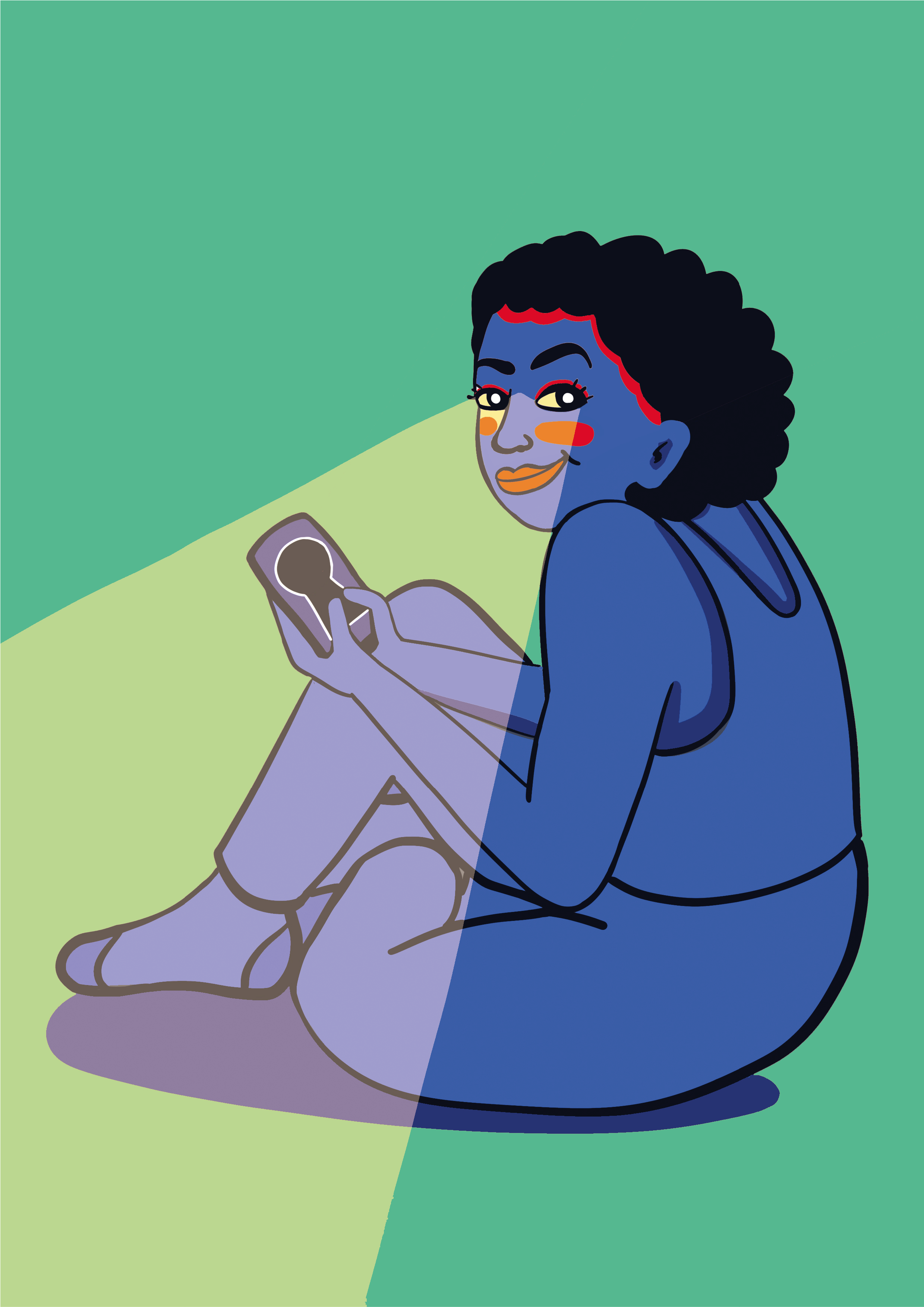“It is common for the online activities of women and girls to be surveilled by male family members.”
#HeyFriend, are you worried that your family may see you and your life online?
It’s a valid fear, and an unfortunate reality for so many of us in the Global South… because online stalking leads to offline harm.
But is the only way out restricting your visibility, activism and life on the internet?
Maybe not. Let’s find some solutions together.
- Search if there is publicly available information about you on the internet. Search your name and key words/phrases on popular search engines, and set up Google alerts with your name and sensitive key words/phrases.
- Lock your accounts that have your private data (pictures, videos, etc).
- If possible, make sure that your public accounts (that may have your activism or work) do not have your name or image associated with it. Maybe use another name for public-facing work?
- Try not to post locations, at least in real time.
- While making use of the Block feature, also ensure that when sharing an Instagram reel or Pinterest board on another platform — remove the identifying markers (which can accidentally reveal your profile) at the end of the link.

- Really think about your digital footprint. Is your Goodreads list public? Your Pinterest board? An event on Facebook you’ve RSVPd to or a group you’ve joined? Make a list and decide on whether to keep it public or make it private.
- If you’re able to share about it — ask your friends, peers and colleagues not to share information about you with your family.
- If you’re not able to do this, do not share more information about your activities than is necessary with people around you.
For more information, see our other pages here
